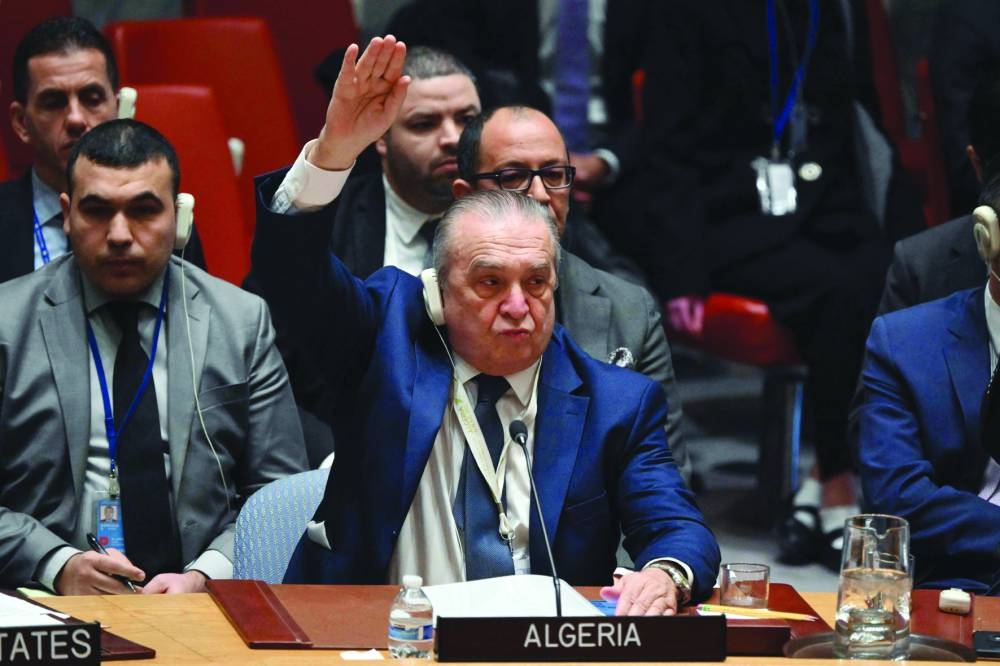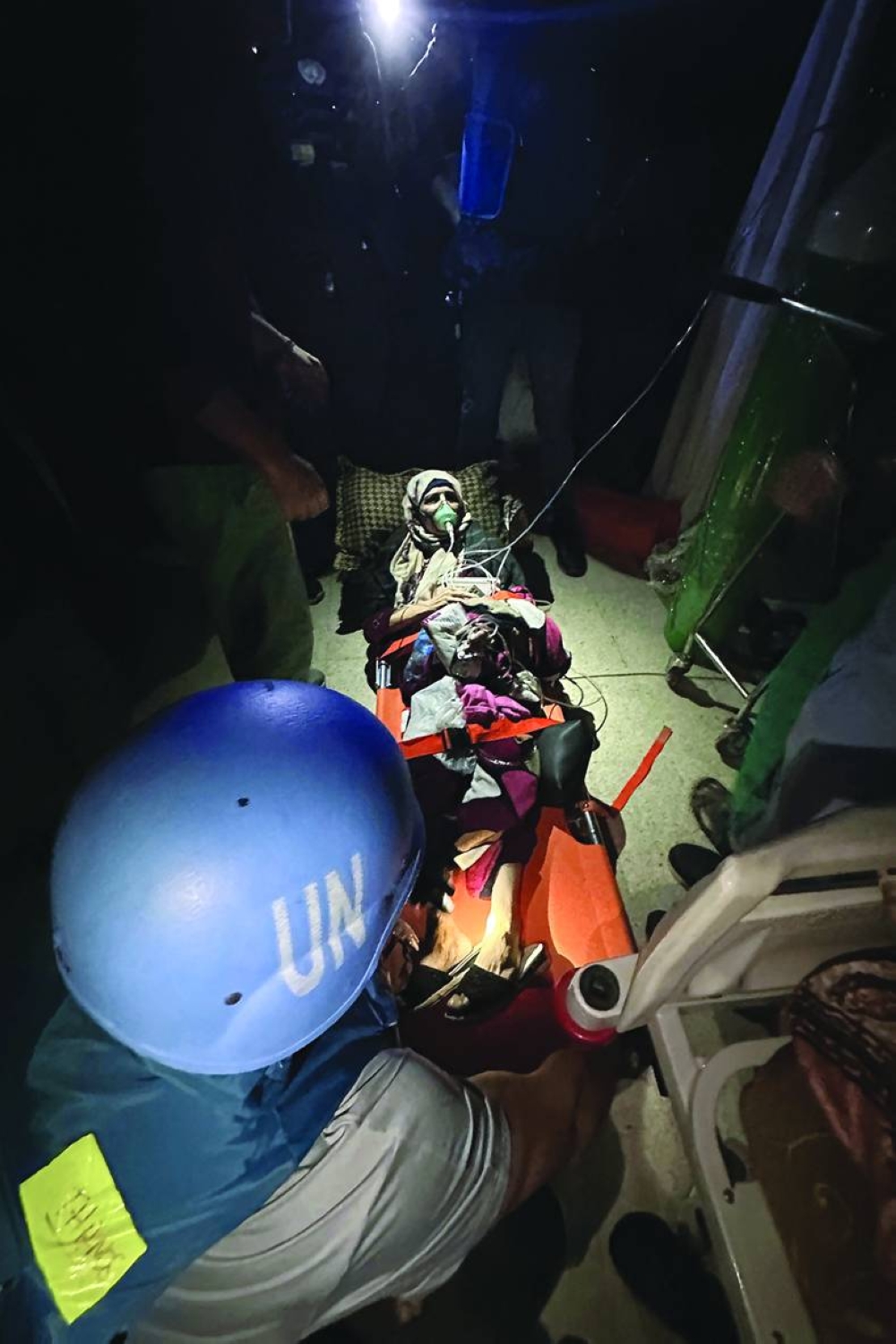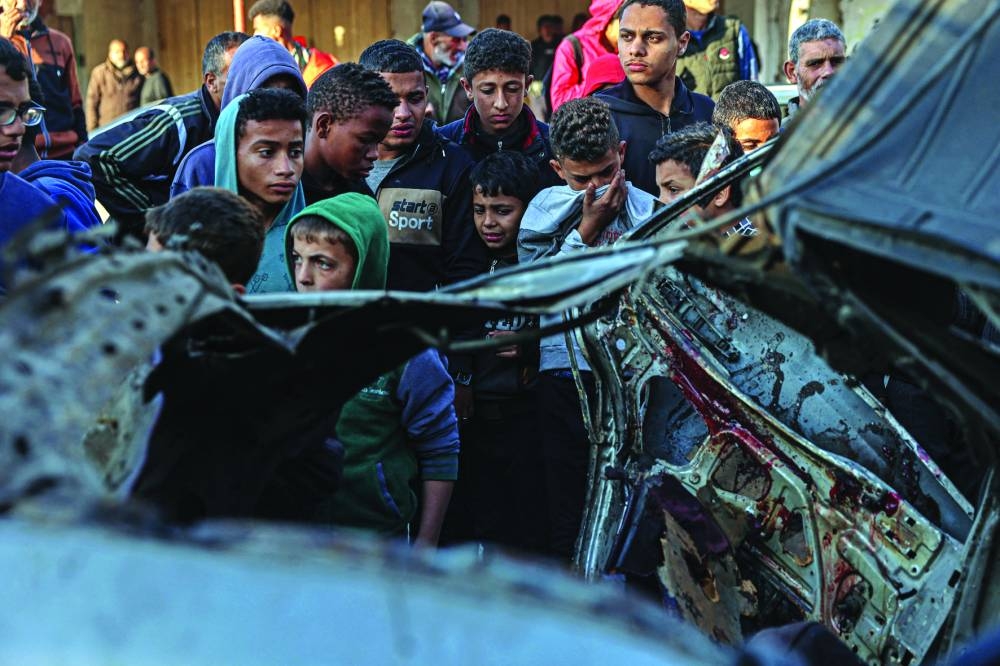Thirteen council members voted in favour of the Algerian-drafted text, while Britain abstained. It was the third US veto of a draft resolution since the start of the current fighting on Oct. 7.
"Demanding an immediate, unconditional ceasefire without an agreement requiring Hamas to release the hostages will not bring about a durable peace. Instead, it could extend the fighting between Hamas and Israel," US Ambassador to the UN Linda Thomas-Greenfield told the council ahead of the vote.
The Algerian-drafted resolution vetoed by the US did not link a ceasefire to the release of hostages. It separately demanded an immediate humanitarian ceasefire and the immediate and unconditional release of all hostages.
"The message given today to Israel with this veto is that it can continue to get away with murder," Palestinian UN envoy Riyad Mansour told the council.
The veto provoked a chorus of criticism from countries including China and Russia -- which have rejected the resolute US backing for Israel -- but also from US allies including France, Malta and Slovenia.
Israeli attacks continue
Israel kept up Tuesday its bombardment of the war-torn Gaza Strip where concern grew about a growing humanitarian crisis.As diplomatic powers wrangled, Israel continued to hit Gaza with air strikes and ground combat that killed a total of 103 Palestinians in the past 24 hours, its health ministry said.
Israel's campaign has killed at least 29,195 people, mostly women and children, according to the latest count by the territory's health ministry.
Strikes continued into Tuesday evening in Gaza's southernmost city Rafah and to the east of Gaza City, the ministry said.
The UN has repeatedly sounded alarm over Gaza's dire humanitarian situation and warned food shortages could lead to an "explosion" of preventable child deaths.
Despite having only just re-started much-needed deliveries into the hard-hit north, the UN's food programme said it had been forced to stop after having "faced complete chaos and violence due to the collapse of civil order".



